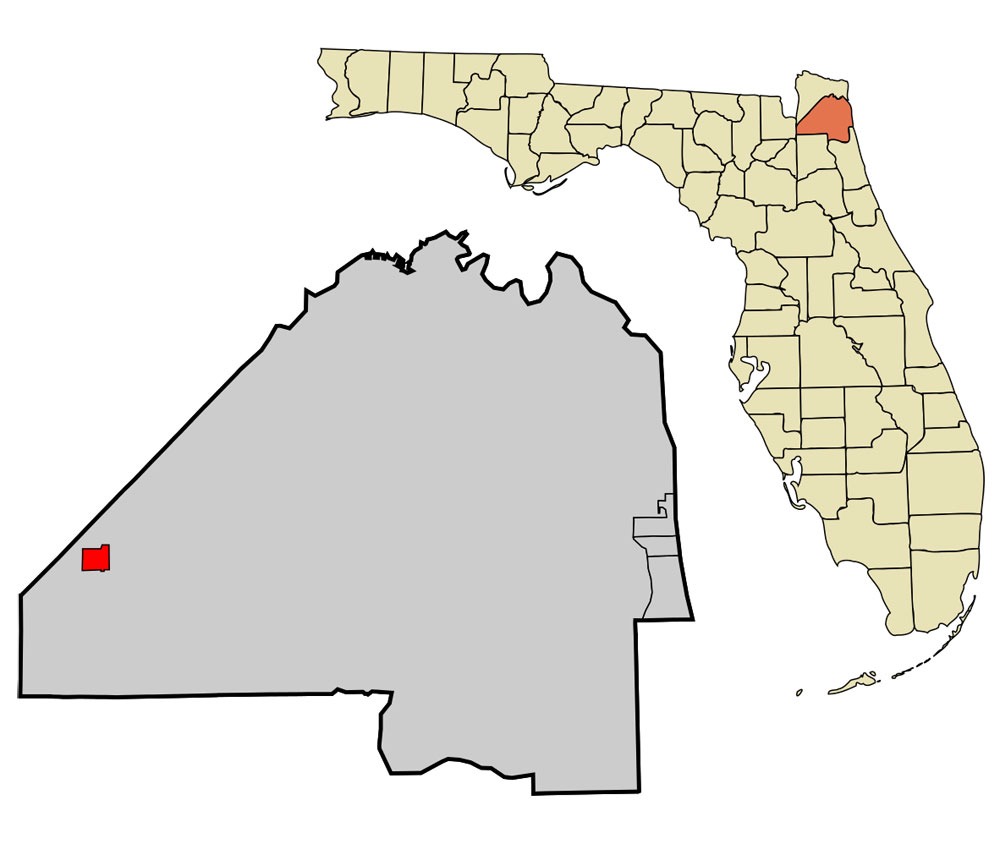
November 22, 2019; Washington Post
From Baldwin, Florida, comes a story about a small town opening its own grocery store, a useful reminder that public ownership is actually rather common in the US.
A quick look across the pond to the United Kingdom illustrates this. There, Jeremy Corbyn’s Labour Party, in its “radical” manifesto (party platform), calls for nationalizing five industries, three of which—the post office, passenger trains, and water—are already publicly owned in the US; power and broadband also often are. Today, about 25 percent of Americans receive power through co-op or public firms, and over 750 communities have community-owned broadband. This, noted Gar Alperovitz and Thomas Hanna in the New York Times back in 2015, is “socialism, American style.”
Rhetoric aside, Americans seem fine with public ownership when it suits their needs. Attempts by Southerners, for example, to end the scourge of public power ownership —the 86-year-old Tennessee Valley Authority (TVA) being a prominent example—are conspicuous by their absence.
And now, to the long list of publicly owned business in the US, you can add Baldwin Market in Baldwin, Florida, a small town about 20 miles west of Jacksonville.
Baldwin, explains Antonia Noori Farzan in the Washington Post, has 1,600 residents with a below-average median income of $44,271. In 2018, its sole grocery store closed. In response, Mayor Sean Lynch proposed that the town open its own grocery store, which it did this fall.
As Farzan details:
At the Baldwin Market, which opened its doors on Sept. 20, all of the employees are on the municipal payroll, from the butcher to the cashiers. Workers from the town’s maintenance department take breaks from cutting grass to help unload deliveries, and residents flag down the mayor when they want to request a specific type of milk.
Sign up for our free newsletters
Subscribe to NPQ's newsletters to have our top stories delivered directly to your inbox.
By signing up, you agree to our privacy policy and terms of use, and to receive messages from NPQ and our partners.
“We’re not trying to make a profit. We’re trying to cover our expenses, and keep the store running. Any money that’s made after that will go into the town in some way,” Lynch tells the Post.
Baldwin isn’t the first US city to own a grocery store either. Farzan points out that St. Paul, Kansas has had a city-run grocery store since 2013. According to David Procter, who directs the Rural Grocery Initiative at Kansas State University, the town of Caney, Kansas, expects to open its own grocery store this spring, and at least one other town in the state is considering doing so.
Farzan writes that, “By definition, a collectively owned, government-run enterprise like the Baldwin Market is inherently socialist. But Lynch, who has a nonpartisan position but governs a town where 68 percent of residents voted for Donald Trump in 2016, doesn’t see it that way. From his point of view, the town is just doing what it’s supposed to do: providing services to residents who already pay enough in taxes.”
“We take the water out of the ground, and we pump it to your house and charge you, so what’s the difference with a grocery store?” Procter says to the Post.
The store occupies a 10,000-square-foot site. Earlier this year, the town council approved a $150,000 loan from a reserve fund to get the Baldwin Market up and running. The person who had managed the previous grocery store before it closed gladly signed on to manage the new store.
It’s still early days, but so far sales exceed pre-opening projections of $3,500 a day. Farzan adds that, “Eight employees, all Baldwin residents, were hired at the outset.” The town recently added two more people to help with the holidays rush period.
“As long as it’s cost-effective, we’ll put it in,” Lynch tells the Post. “Everyone knows it’s their store.”
Lynch adds, “Should [local governments] be in private enterprise all the time? Maybe not. But for situations like this, yeah, definitely I believe they should.”—Steve Dubb













